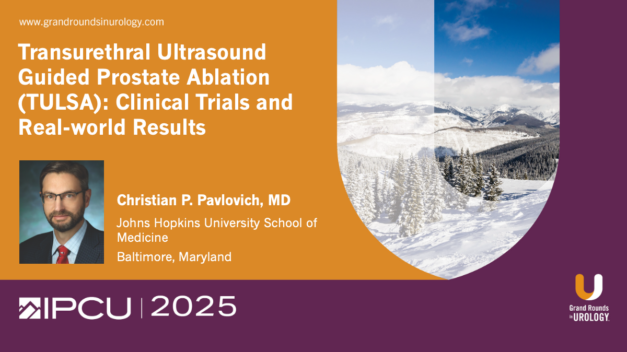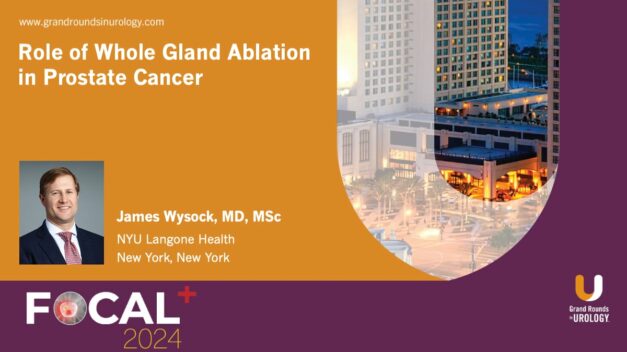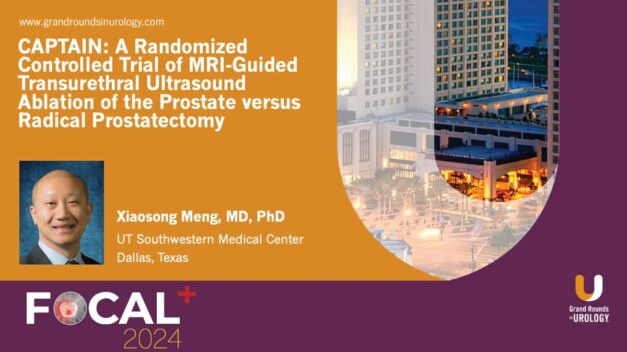Transurethral Ultrasound Guided Prostate Ablation (TULSA): Clinical Trials and Real-world Results
Christian P. Pavlovich, MD, examines the use of TULSA in prostate cancer treatment, highlighting its technique, outcomes, and future potential.
Read More



